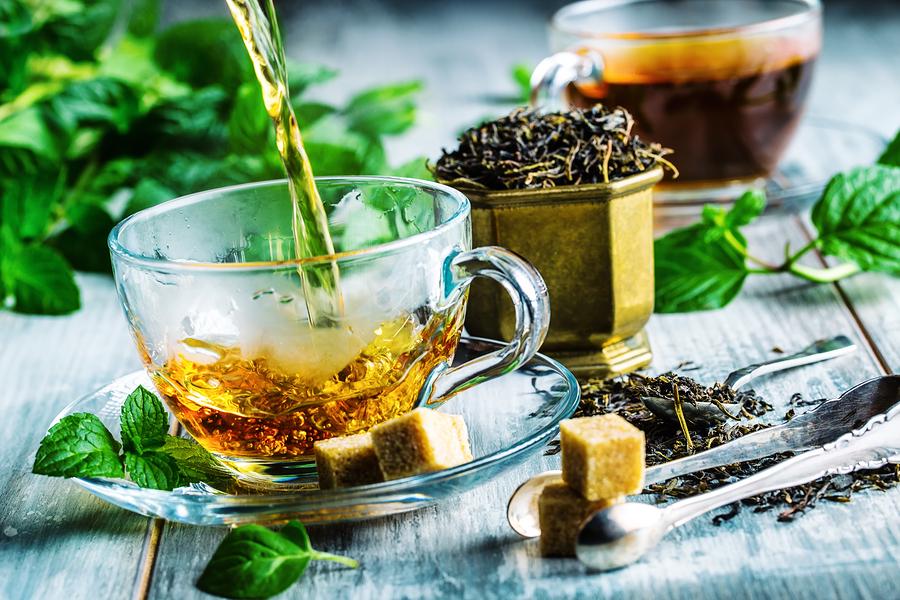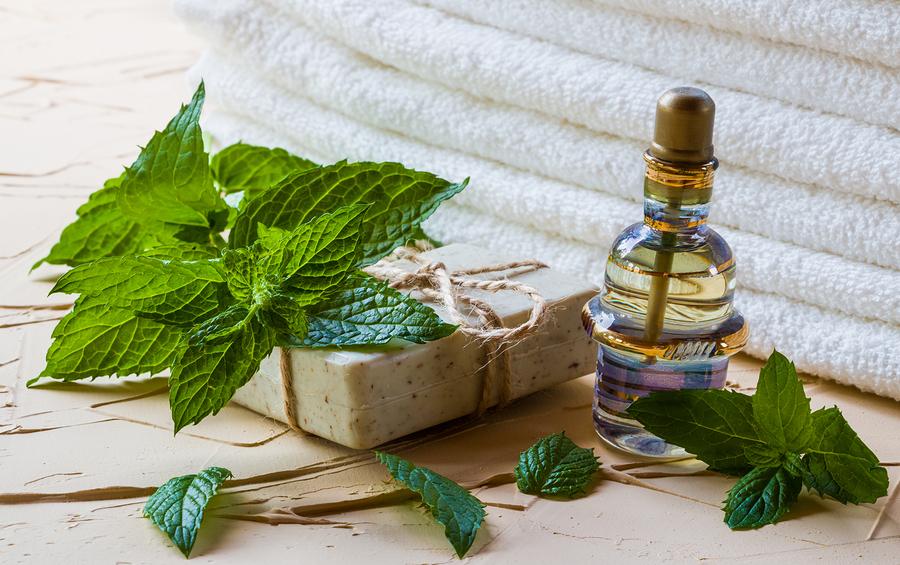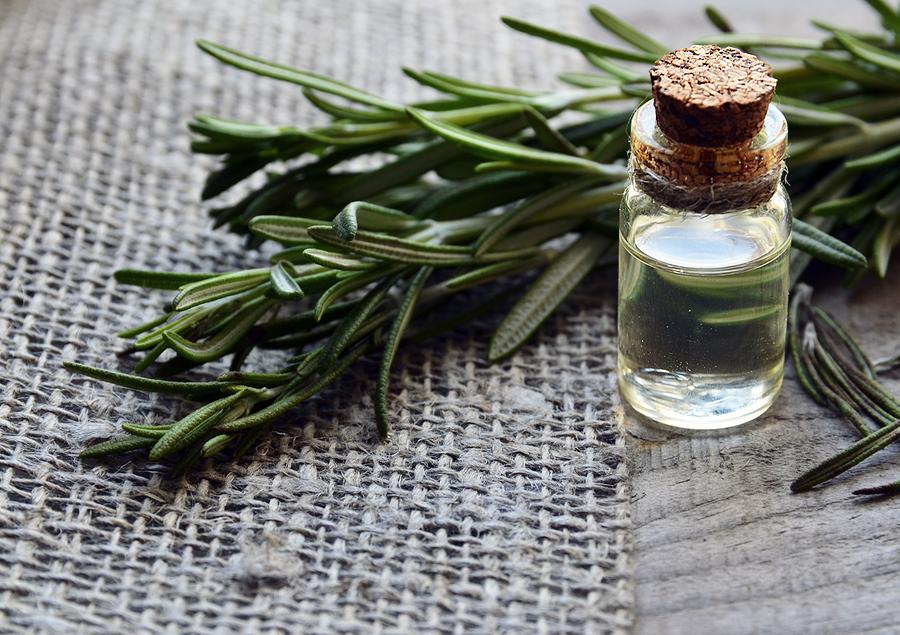Herbs are not only a great way to add flavour to meals, but can also boost the nutritional profile of a recipe! There is a large variety of herbs widely available, but it is also easy to grow your own for a constant, low-cost supply!
Some herbs were actually used for medicinal purposes long before they were utilised in cooking, demonstrating the potential that they have for giving you a healthy boost.
Different herbs offer different health benefits, so let’s take a look at some of the best choices!
Sage
During the Middle Ages sage was widely considered to be an effective plant for healing, and it is believed to have been used to help prevent the plague. Modern day research into the benefits of sage show it to be useful in improving memory and overall brain function. Its uses for this purpose have been especially explored in relation to relief for sufferers of Alzheimer’s disease.
Sage is best consumed in sauces or as a garnish.
Fenugreek
Fenugreek is a herb that is particularly popular in Ayurvedic medicine to enhance the libido. Although the ability of fenugreek to boost the libido isn’t conclusive, there is strong evidence to suggest that it is beneficial for managing blood sugar levels. This is largely due to the positive effect that it has on insulin function.
Fenugreek is best consumed as a tea.
Peppermint
Peppermint has been used throughout history for both medicine and aromatherapy.
Irritable bowl syndrome (IBS) is a condition that can be relieved in part by using peppermint oil. This appears to be the case due to the ability of this oil to relax the muscles within the colon, thereby reducing pain in the area. Peppermint oil can also help to alleviate abdominal bloating, which is a common symptom of IBS.
When used for aromatherapy, peppermint can help to combat nausea. This is of particular benefit to people when giving birth and post-surgery.
Peppermint is best consumed in oil form, but can also be enjoyed as a tea.
Ashwagandha
You may not have heard of this herb, but its health benefits are not to be overlooked! Similarly to fenugreek, it is used prevalently within Ayurvedic medicine. It is known to be incredibly restorative and has been used for centuries to help boost immune system function.
Ashwagandha is also believed to be beneficial for tackling stress, fatigue and a lack of concentration, as well as anxiety and depression. One of the particular benefits of using this herb to treat anxiety and depression is that it does not cause drowsiness, as many other conventional and alternative medicines for this purpose do.
Ashwagandha is best consumed as a tea.
Rosemary
Rosemary has been shown to help alleviate the symptoms of allergies and provide relief from nasal congestion.
This anti-inflammatory herb could potentially bring relief to sufferers of conditions like arthritis, where inflammation in the body is prevalent.
Rosemary is also useful for boosting the immune system and stimulating the circulatory system. It is also believed to be of use when it comes to helping prevent premature damage to the skin.
Rosemary is best consumed as an addition to main meals, such as on roast potatoes.
Coriander
Coriander is commonly used as a garnish, but packs some serious health benefits that can be enjoyed through more regular consumption. It is believed to be useful for helping to manage cholesterol levels, alleviating the symptoms of skin disorders and also for relieving indigestion.
Coriander contains a wealth of vitamins and minerals, and has a very unique flavour. It is best consumed in sauces and soups. It also makes a great garnish.
Parsley
Parsley is a great source of vitamin A, vitamin C, vitamin K and a whole host of other nutrients. The vitamin A content is beneficial for your vision, while the vitamin C is useful for your immune system. Additionally, the vitamin K is great for the health of your bones.
There is some preliminary evidence to suggest that parsley is beneficial for the function of your kidneys. Parsley is also anti-inflammatory, making it a good choice for those who suffer from joint pain, or connected conditions.
Parsley is best consumed in sauces and soups. It also makes a great garnish.
Astragalus
This herb is thought to be helpful for combatting bad bacteria in the body, in addition to helping to protect the liver. When applied topically it can help to increase blood flow to the affected area.
Astragalus is best consumed as a tea.
Enhance Your Diet
Practically any meal can be nutritionally enhanced with the inclusion of herbs. Aiming to do so at least once a day can go a long way to helping preserve and maintain your health. As mentioned at the beginning of the article, it is simple to grow your own with just a little bit of patience and sunshine!
References
1) http://www.prevention.com/mind-body/natural-remedies/best-healing-herbs-top-10
2) http://www.huffingtonpost.com/2012/11/08/healthy-herbs-spices-healthiest
Related Posts
Cigarettes May Inhibit Inflammation Treatments
Axial spondyloarthritis, also known as AxSpa, is a chronic…









